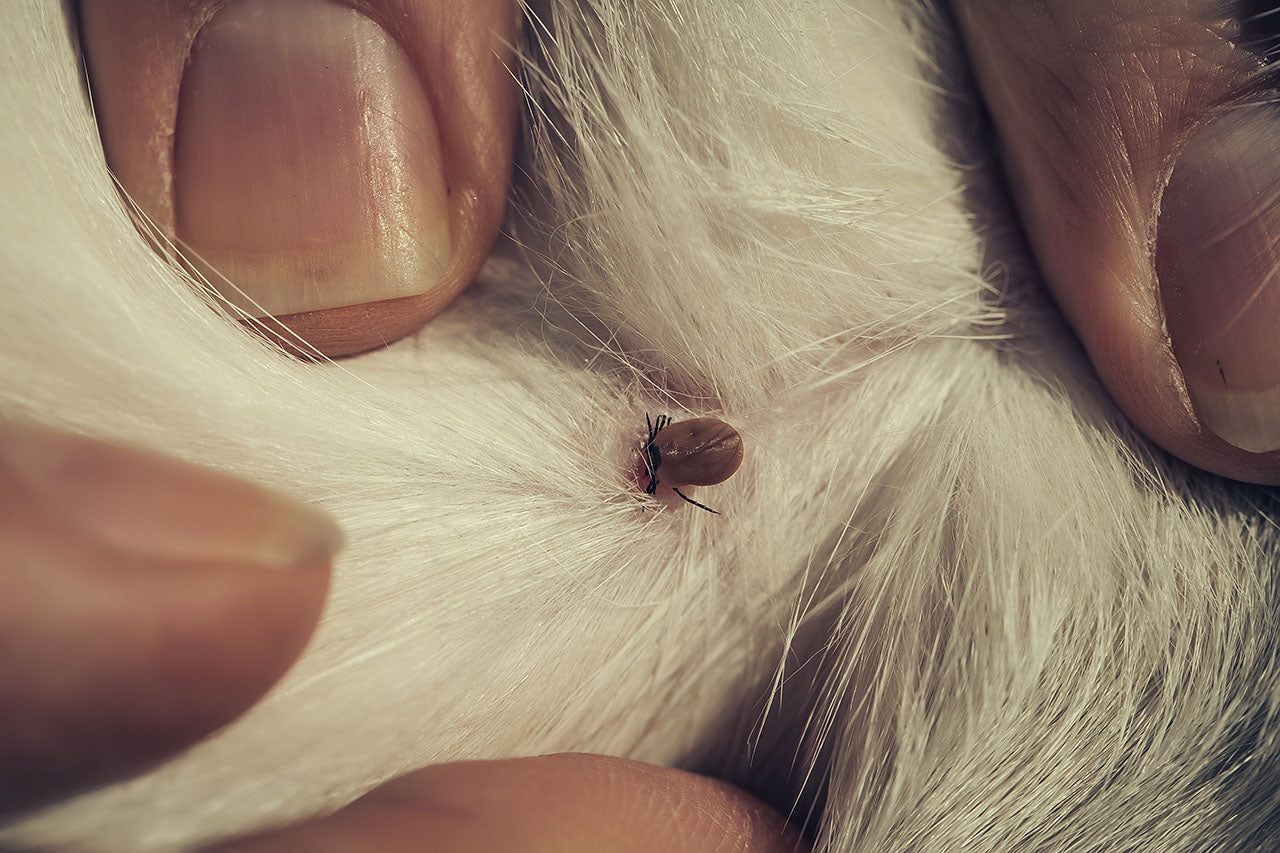Distemper is a highly contagious and potentially fatal viral disease that can affect dogs of all ages. The virus is particularly dangerous for puppies, but unvaccinated adult dogs are also at risk. In this article, we explain what distemper is, how to recognize the symptoms, and what you can do to protect your dog.
What is distemper?
The distemper virus belongs to the paramyxoviruses and affects several body systems, including the respiratory, gastrointestinal and nervous systems, as well as the skin. Transmission occurs primarily through direct contact with secretions from infected animals or contaminated objects.
recognizing the symptoms
The signs of distemper infection are varied and may include fever, eye and nasal discharge, cough, vomiting, diarrhea, dehydration and, in later stages, neurological signs such as seizures or paralysis. Not all infected dogs show all symptoms and some infections are without any noticeable signs.
When to go to the vet?
If you notice signs of distemper or unusual behavior in your dog, contact a veterinarian immediately. Early detection and treatment can save lives and prevent the spread of the virus.
Treatment and Management of Distemper
There is no specific treatment for the distemper virus, so veterinary care focuses on relieving symptoms and preventing secondary infections. Severe neurological symptoms may require special medications or therapies.
Prevention is the best protection
The most effective way to protect your dog from distemper is Vaccination Puppies should be vaccinated according to the veterinarian's vaccination schedule, and adult dogs also require regular booster vaccinations.
Long-term consequences and care
If a dog survives distemper, it may suffer long-term health problems, especially if the nervous system has been affected. These dogs may require special care and adapted living conditions.

Conclusion: Better safe than sorry
- Distemper is a serious viral disease that affects many body systems.
- A wide range of symptoms can occur, from respiratory to neurological signs.
- If distemper is suspected, a immediate veterinary visit unavoidable.
- Treatment focuses on supporting body functions and managing symptoms.
- The most important preventive measure is Vaccination your dog according to the veterinary vaccination schedule.
- Surviving dogs may have permanent health consequences and require special attention.
For more information about distemper, its prevention and treatment options, please contact alphazoo at any time. We will support you in ensuring the health and well-being of your dog.


















